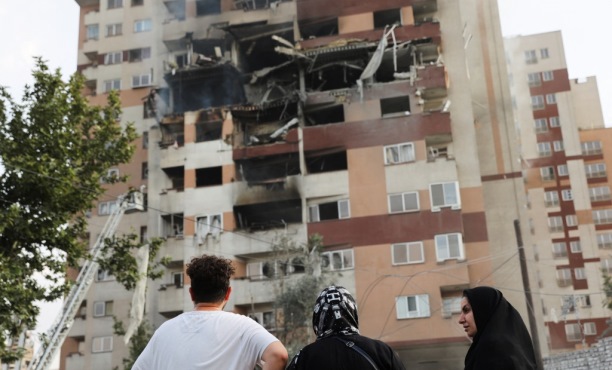Check also: Peace Calling In South Sudan Through Video Games
In a village in the far north of Uganda, 54-year-old farmer Lagu Samuel has given a new home to a group of South Sudanese women, refugees who fled the violence over the border. At first, Lagu invited them to work the land with him, but soon he went further, handing over several acres so that they could grow their own crops. His generosity is rooted in compassion: “They have no land and I do.”
The relationship between Lagu and the visitors is just one example of the humanity and practicality that have made Uganda a beacon for the world in welcoming refugees. His gesture is supported by the Ugandan government, working with UNHCR and the Japan International Cooperation Agency amongst others. In return for his donation of land, he receives additional seeds, tools and training. However, like Lagu, Uganda cannot sustain progressive policies on its own. Unless the international community supports it, the South Sudanese refugee crisis will become overwhelming. The consequences for the entire region are potentially catastrophic.
Years of war in South Sudan, and now drought and famine, have created the world’s fastest-growing refugee crisis. Of the 1.9 million South Sudanese who have fled the country, half have gone to Uganda. Since last July, an average of 40,000 people have arrived in Uganda from South Sudan every month. The numbers keep growing. Those arriving tell of indiscriminate killing, rape, destruction of property, arbitrary detention and a struggle to find food and access basic services. Displacement inside South Sudan is also widespread, with another 1.9 million uprooted within the country.
First, it hamstrings the emergency humanitarian response. Transit and reception facilities are struggling to cope. Resources such as food, health and educational services, and clean water are stretched.
Second, international indifference undermines Uganda’s often-praised model for welcoming, supporting and integrating refugees. Uganda gives refugees access to the same education and health care as its own nationals. They have the right to work and to establish businesses, and are given small plots of land in local communities. Where land has not been set aside for this purpose, the government negotiates donations of land with farmers and community leaders – an outstanding display of generosity.
A lack of international funding to support projects that combine development with humanitarian aid – an approach promoted by donors and international organisations – threatens the sustainability of these progressive policies. Areas where Ugandans and refugees are living side by side, sharing services and resources, need attention and support so that refugees can continue putting their skills and talents to good use to support themselves and contribute to the local economy.
This approach means refugees have the prospect of dignity, normality and self-reliance. It benefits Ugandans, too, when services such as health care and education are provided for both the local population and the new arrivals. Such synergies uplift the entire community, creating services that are in demand long after the refugees return home.
Last September, members of the United Nations convened in New York for the Summit for Refugees and Migrants, at which 193 countries committed to developing a comprehensive approach to welcoming and helping refugees. There are more than 22 million refugees in the world, 84 per cent of them in low- or middle-income countries – not in Europe, the United States or Australia, but in places that, in many cases, already struggle to provide basic services for their own people.
The South Sudan refugee crisis and the question of Uganda’s capability and resilience is proving to be an early test of the commitments of the New York Declaration. So far, Uganda’s magnificent response has been met by meagre support, but today there is a chance to turn the page.
A Solidarity Summit is being held over the next two days in Kampala by Uganda and the United Nations to rally international support for refugees and host communities in the form of donations, investment and innovative programmes. It is truly time for the world to step up to enable Uganda to continue showing us the way).
Elizabeth Abuk is one of the women farming land given to her by Lagu Samuel. She fled South Sudan with her four children, plus the four children of her brother, who was killed in the violence. Elizabeth, 38, said: “When you sit idle with your hands just open and begging, it’s not good… But when sweat comes out of your body that is when you will get something good to help yourself and your children.”
Elizabeth is willing to work to support herself and her family. Lagu is willing to help her for their mutual benefit. Uganda is willing to support them both in their endeavours. In the name of global solidarity, shared responsibility and regional stability, what is the rest of the international community willing to do?
Source: News.trust
Check also;
- South Sudan Conflict Affects Uganda’s Economy
- Uganda Is Increasingly Welcoming Refugees Especially S.Sudanese
- Sudan’s Machar Now Aims His Fire At Museveni
Please use the button below to contribute to Newslex Point, Inc. using a credit card or via PayPal.

 Newslex Point News in Uganda, Uganda news
Newslex Point News in Uganda, Uganda news












